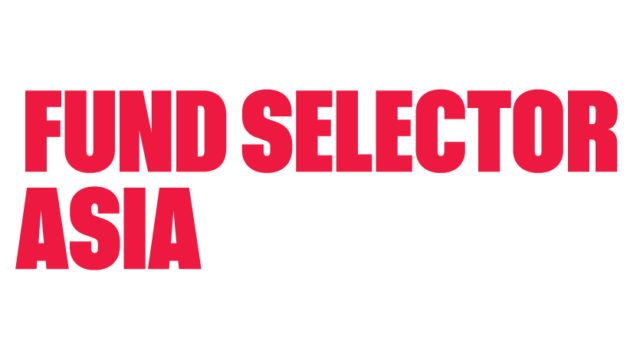Market valuations across various asset classes are starting to look stretched, and Tan sees multi-asset funds as one way of reducing concentrated risk.
The recent volatility in the high yield asset class is an example.
“We are positive on high yield as an asset class,” she said in an interview with Fund Selector Asia.
“The correction in high yield as a result of the fall in oil prices has made the spread more attractive again. However, we have to balance that against the potential increase in downside volatility, in view of a possible rise in defaults down the road.
”Our clients have experienced high yield at its best in the past. They recognise that the downside volatility is higher today than it was before. Clients are quite willing to take lower yields in exchange for the potential of less downside volatility, and multi-asset is a more diversified way of achieving that.”
Currently, there are about seven multi-asset funds on the platform: JP Morgan Investment Funds Global Income; Schroders Global Multi Asset Income; BlackRock Global Funds Global Allocation; Invesco Balanced Risk Allocation Fund; Invesco Pan European High Income Fund; Capital Emerging Markets Total Opportunities; Deutsche Invest I Multi Opportunities.
Tan said the firm has also started to focus on liquid alternatives like the absolute return-oriented strategies, using a multi-strategy, multi-asset approach.
Pro-European equities
Tan said she has been recommending European equity funds to clients since Q4 of last year.
The appeal of the asset class was further enhanced after the European Central Bank launched a massive stimulus programme in early January, leading to an improved outlook toward the European corporate sector and equities.
The firm works with ten managers across European equities and fixed income.
“We are pro-European equities and are currently working with UBS Global Asset Management on their unconstrained European equity fund. We like their style of management and believe that they have good consistency to their investment approach.”
Her team’s preference is for the UBS Lux Equity SICAV – European Opportunity Unconstrained product.
The appeal of European equities was also evident among delegates who recently attended FSA’s income forum. Supporting that was a separate survey by the Hong Kong Investment Funds Association, which showed managers are warming to the European market.
Developed vs EMs
Tan is more positive toward developed markets relative to emerging markets as she believes the former has a better economic outlook.
In fixed income, for example, she favours US investment grade and Europe peripheral (sovereign) bonds, including high yield products.
Investor interest in China, which is the centerpiece of emerging markets, has been cooling due to concerns over slowing economic growth, she added.
“Within EMs, Asia seems to be in a better spot. However, relative to global markets, there are stronger markets out there like the US or Europe…we are more positive on developed markets.”
Read part 1 of Fund Selector Asia’s interview with Karen Tan

















